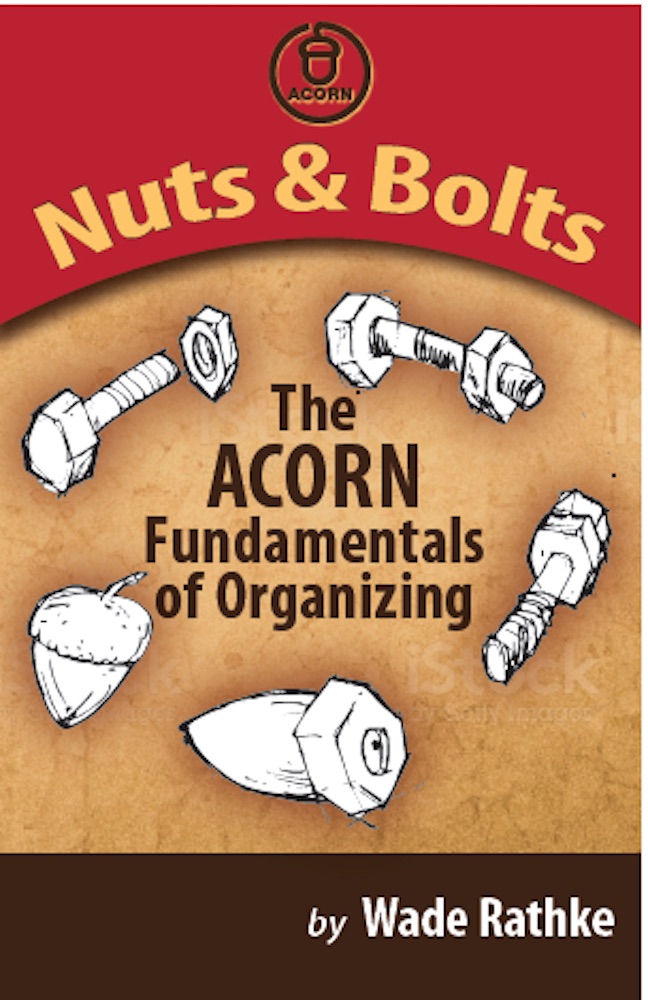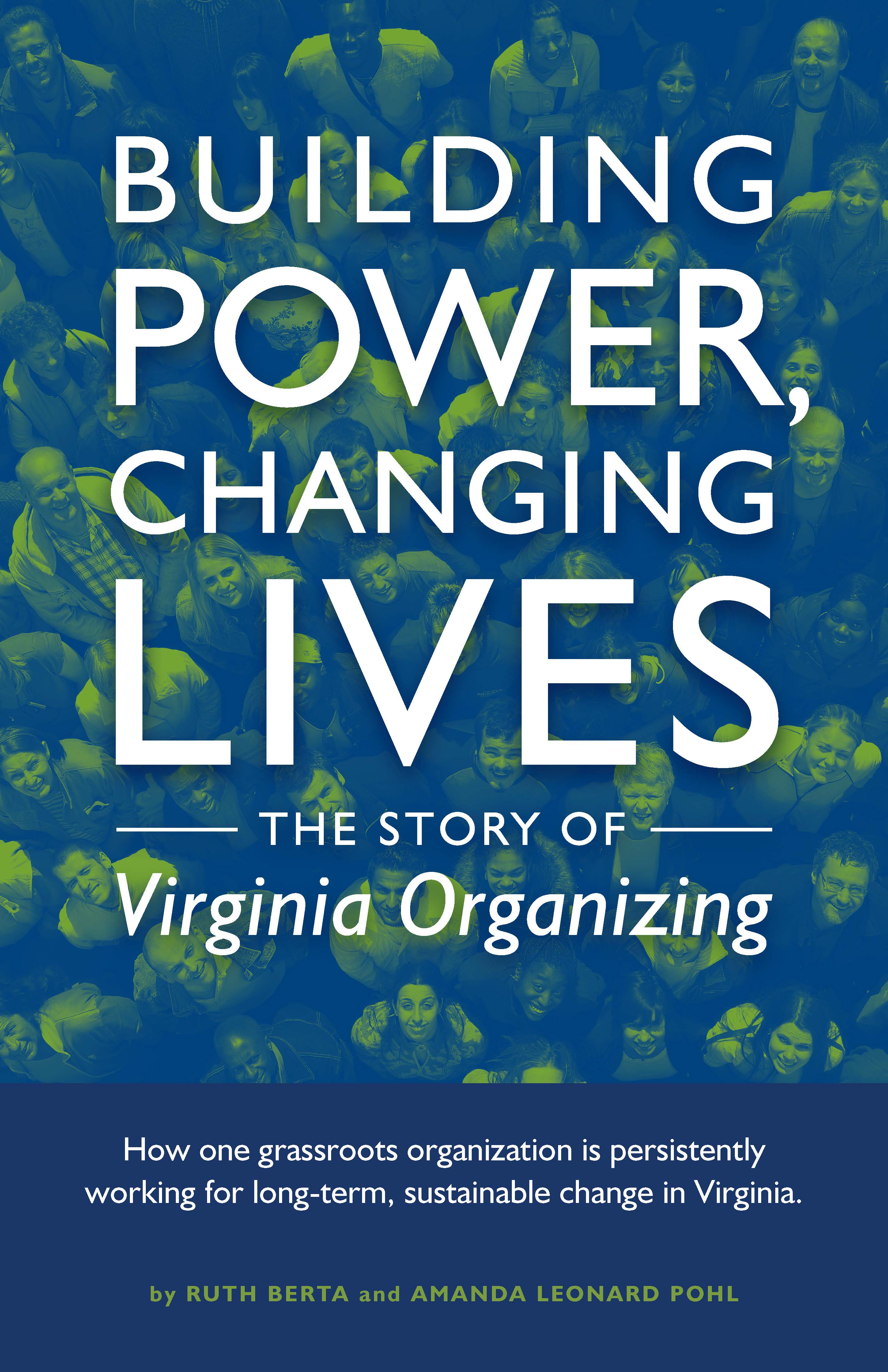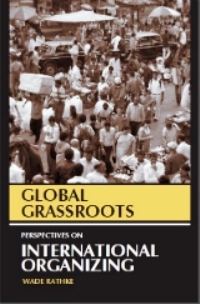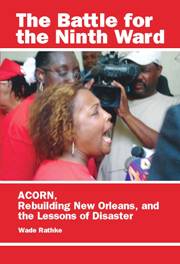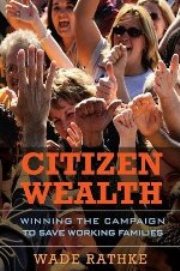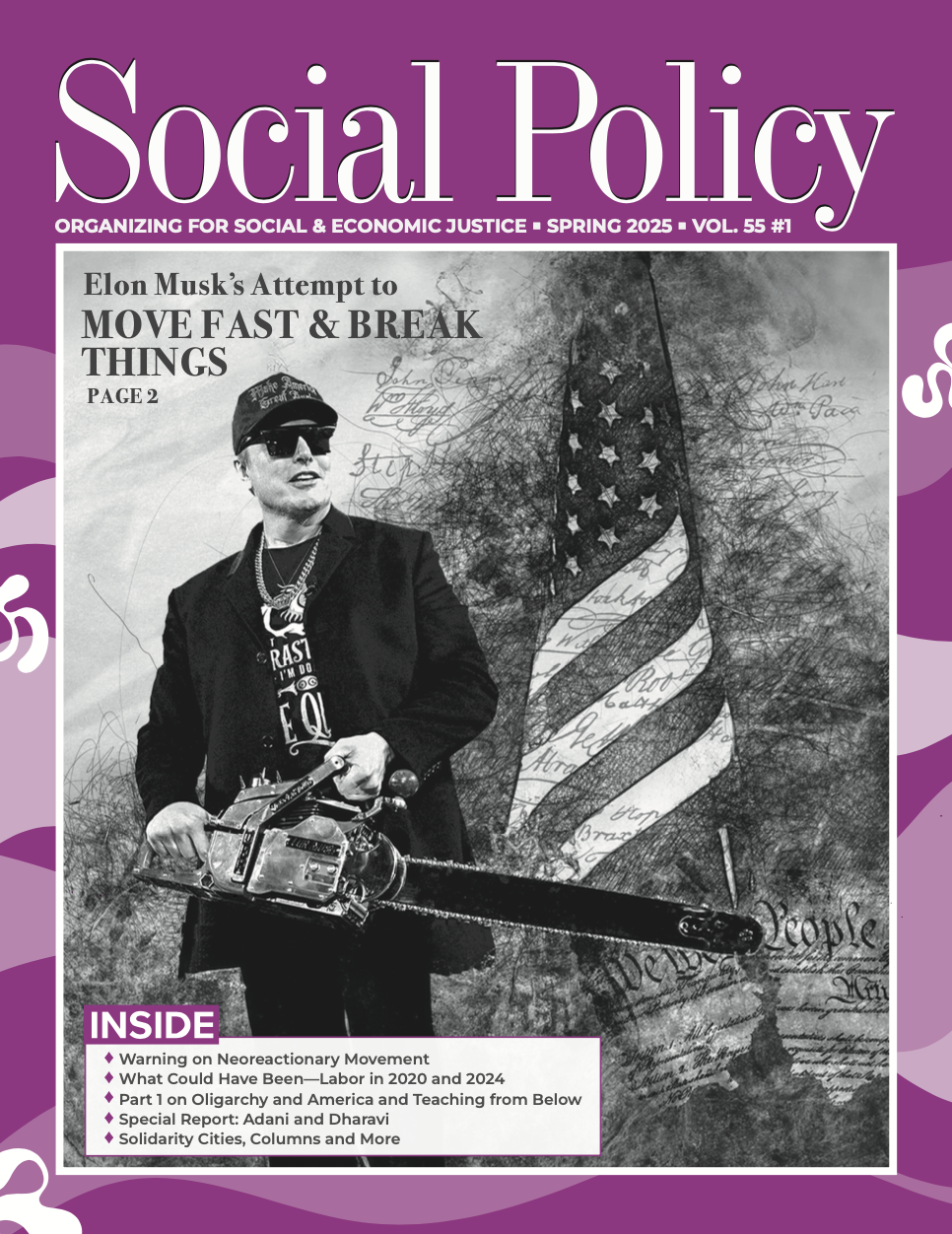Special Report: The Tenacles of the Adani Bribery Scandal and its Impact on Dharavi
Written by Elliot Anderson
The re-election of Donald Trump as US President has drawn the world’s eyes to the power of the ultra-rich to set the political agenda, take control of government and use that power for their personal profit. In India, these forces have been at play for over a decade under the government of Narendra Modi. ACORN members in India are now at the forefront of a battle against those forces. On the one side are the residents of Dharavi, a community of thousands of people in the heart of Mumbai in India threatened with mass eviction and unemployment. On the other side, one of the world’s richest men, Gautam Adani, stands to expand his multi-billion-dollar empire. However, this is more than a local fight between a powerful developer and local residents. The Adani empire is supported by powerful allies: MAGA-boosting U.S. Congressmen, wealthy investors and – crucially – pension savings of millions of everyday people. As Adani has “gone global” to build his empire, ACORN is responding in kind – asking people if their retirement savings are funding the evictions in Dharavi.
The struggles facing residents of Dharavi
ACORN’s affiliates have worked in Dharavi, in the heart of Mumbai, for almost twenty years – organizing informal workers, operating community centers and youth programs.
Dharavi is one of the most densely populated residential areas in the world. Based in the heart of Mumbai, the geographical area is just over 2.39 sq. km in size but supports a population of about 700,000 to a million people. For over a century, when internal migration started forcing people to move rural areas to Mumbai, new economically challenged residents found a home Dharavi.
It is sometimes derided as “the Asia’s largest slum” but others see a vibrant thriving and inspiring community. Given the location of Dharavi in the center of Mumbai’s residential and commercial districts, the community has always faced developmental pressure. However, development is now coming in a way that threatens millions of people with forced eviction, loss of jobs and destruction of their community.
In November 2022, the real estate unit of Gautam Adani’s “Adani Enterprises” was awarded the right to redevelop the Dharavi neighborhood. A re-development corporation named Navbharat Mega Developers Pvt Ltd (NMDPL) has been established as a special purpose vehicle between the Government of Maharashtra and the Adani Group, but it is the Adani Group which holds an 80% controlling stake.
While Adani insists redevelopment plans will be sustainable and meet the needs of current Dharavi residents, local elected officials and residents’ groups simply do not believe them. The current Adani plan would force out all residents who are unable to prove that they have lived in Dharavi for 10 years or more without redevelopment assistance or a right-to-return. Experts predict that thousands of people are at risk of being displaced. They are calling the plan “a disaster” and some Indian leaders are calling it, “the biggest loot in modern India.”
As one resident recently told ACORN organizers, “Where will we go? If I give my home to Adani, where will I live?”
Who is Gautam Adani?
The man behind Adani Enterprises is its Chairman and Founder Gautam Adani, a man who regularly tops rankings as one of the world’s richest men. In September 2022, the Bloomberg Billionaires Index ranked Adani as the second-richest person on the planet, second only to Elon Musk. Originally hailed from the Gujarat region of India, Adani seized business opportunities and political connections to build a vast commercial empire with a wide-range of enterprises encompassing transport and utility infrastructure, energy generation and large-scale infrastructure. The Group also includes what one report described as “a maze of Adani private companies and family trusts”
Throughout Adani’s dramatic expansion, observers point to its founder’s close relationship to Indian Prime Minister Narendra Modi and his party the BJP. Modi and Adani forged a relationship in the 1990s, long before Modi became Prime Minister. Adani has been a supporter of Modi since he was an upcoming politician in Gujarat province. When Modi was first elected Prime Minister in 2014, he flew to New Delhi in a private jet branded with the Adani logo. It’s been a prosperous friendship. Stock in Adani’s conglomerate nearly doubled the year after Mr. Modi was elected, and expanded eight-fold when Modi was re-elected in 2019. As the New York Times describes it, “The Adani Group [has become] a logistics arm of the government, building up ports, highways, bridges and solar farms at speeds never before seen.”
Those close political connections have raised serious questions and controversy. India's Auditor General found that between 2006 and 2009, when Narendra Modi was Chief Minister of Gujarat, the state-owned Gujarat State Petroleum Corporation bought natural gas from the open market and sold it to Adani Energy at less than market value. The land for the Mundra port was sold to Adani by Modi’s state government at a nominal price and then granted “special economic zone” status, with lowered taxes. As Prime Minister, Modi fired officials who opposed supplying discounted coal to Adani and other companies. When airports in India were privatized, the initial criteria prevented Adani from bidding on the contracts. However, the rules were changed and Adani was granted every one of the 50-year leases.
Adani, in turn, has supported Modi for decades– assisting his election campaigns and helping shape his political image. "Everywhere that Prime Minister Narendra Modi goes, it seems, Gautam Adani is sure to go,” remarked the Hindustan Times in 2015.
“The Largest Con in Corporate History”?
Over the last two years, questions about Adani’s corporate governance, business practices and soundness as an investment have grown too loud to ignore.
In November of 2024, a five-count criminal indictment was unsealed in federal court in Brooklyn, New York charging Gautam Adani and several associates with conspiracies to commit securities and wire fraud and substantive securities fraud. The indictment alleges that between 2020 and 2024, Adani and his associates conspired to pay over $250 million in bribes to Indian government officials to secure solar energy supply contracts with the Indian government, expected to generate over $2 billion in profits over 20 years. Adani himself is alleged to have met with Indian officials to advance the scheme, and the indictment details in-person and electronic meetings where the bribery efforts were discussed and planned in meticulous tracking – with documents summarizing bribe payments, and even PowerPoint presentations on options for concealing the bribes.
The indictment is hardly the first-time concerns have been raised about Adani’s business. In 2023, the Financial Times reported that the Adani Group used offshore intermediaries in Taiwan, Dubai and Singapore to import $5 billion-worth of coal at prices that were at times more than double the market price, inflating fuel costs and leading millions of Indian consumers and businesses to overpay for electricity.
In a 2023 report, Hindenburg Research described Adani as “The Largest Con in Corporate History” and accused the Adani Group of extensive stock manipulation, accounting fraud, and misuse of tax havens. Hindenburg described what they believed to have found as “the most egregious example of corporate fraud in history. We have uncovered evidence of brazen accounting fraud, stock manipulation and money laundering at Adani, taking place over the course of decades. Adani has pulled off this gargantuan feat with the help of enablers in government and a cottage industry of international companies that facilitate these activities.”
Many investors are looking closely at the way Adani operates. The British Columbia Investment Management Corporation has used their proxy votes to raise concerns about “problematic compensation issues” and “insiders on the board.” Other investment funds have divested entirely from Adani, noting concerns about weak corporate governance and ethics guidelines. The Government Pension Fund of Norway announced in early 2023 that they had sold all interests in Adani companies.
Governments are reviewing their business with Adani as well. Following the US indictment, Kenya’s government cancelled a $736-million public-private partnership deal that an Adani Group firm signed with the energy ministry to construct power and cancelled a procurement process expected to reward Adani with a 30-year lease for a key Kenyan airport. Bangladesh has called for re-negotiation of a power purchase deal with Adani Group amid concerns about the contract.
What next?
Adani is moving ahead with development in Dharavi. Their powerful allies in business and government are working overtime to make their scandals go away. U.S. President Donald Trump has ordered the Justice Department to pause prosecuting foreign bribery cases, which many see as a sign that the U.S. prosecution against Adani will be dropped. Several Republican Congressmen have already attacked U.S. prosecutors for doing their jobs.
However, the scandals around Adani will not be swept under the rug. ACORN has been reaching out to public pension funds, union members with pension investments and other institutional investors. The message is simple: If you have a pension, or a government is investing on your behalf, now is the time to start asking questions of your fund managers. As one of the leading conglomerates in the growing Indian economy, Adani is attracting investment from around the world. Many municipal and government workers in the Canadian provinces of Ontario and Quebec learned that the managers behind their retirement savings were investing with Adani when the U.S. criminal indictment against Adani and Adani employees was unsealed late in 2024. Three former executives from Quebec's largest pension fund, Caisse de dépôt et placement du Québec were indicted along with Adani. The Caisse and the Ontario Municipal Employees Retirement System saw hundreds of millions of dollars of value from investment portfolios wiped out in the subsequent crash of stock.
ACORN, and the residents of Dharavi, believe there is a better way to weld development with community interests in housing and livelihood.
Elliott Anderson is ACORN’s research director. He can be reached at This email address is being protected from spambots. You need JavaScript enabled to view it.. A copy of the full Adani Report being circulated to pension funds, churches, unions, and foundations is available at ACORN International.



